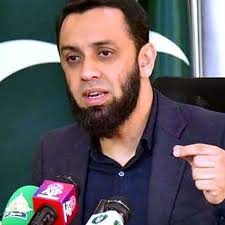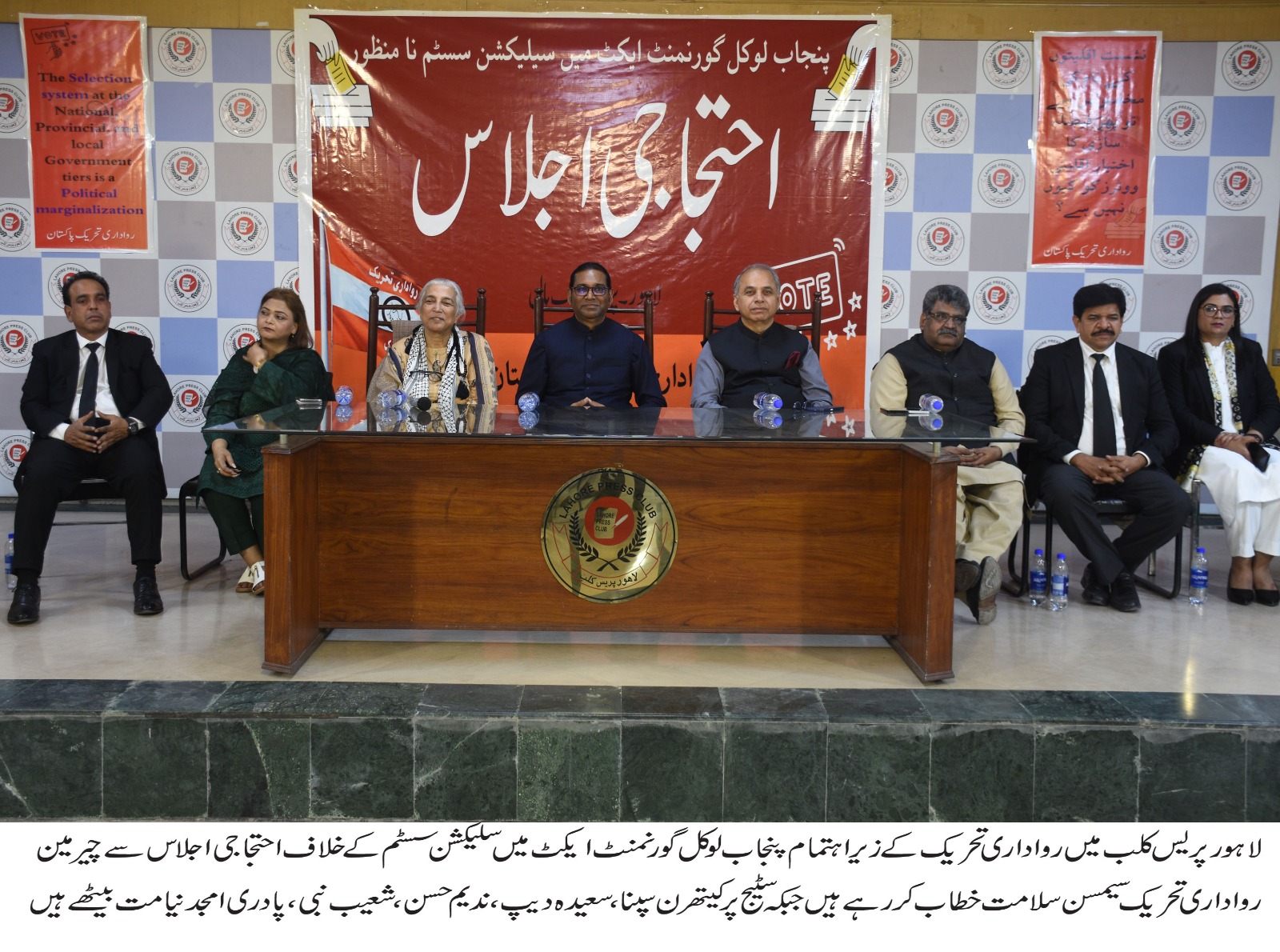Islamabad: (PPF) On November 5, Minister for Information and Broadcasting Attaullah Tarar informed the National Assembly that the government w
Washington: Peace has been the hope of all ages. It is not merely a saying but a reality because everyone longs for peace. However, peace exists at different levels in society. It is not just a dream—it is a hope. And hope is most vital in societies plagued by disputes, conflicts, and divisions.
Many people are aware of the Kashmir issue, but unfortunately, they are not always informed of the truth. Even the highest global forum, the United Nations Security Council, has passed numerous resolutions on Kashmir over the past 78 years, yet the dispute remains unresolved. The reason is not a lack of will from the people, but a lack of intent from the governments involved. I am not speaking only of Pakistan or India—there are many unresolved global disputes where governments have failed to act decisively.
Kashmir is not just an "issue"—issues can have soft perspectives. This is a dispute, one in which people are sacrificing their lives, suffering immensely, and enduring hardships. How can such a dispute be resolved? Civil society must play a role.
My life has been filled with extensive travel. I have visited many countries, and in Korea alone, I have traveled over 20 times. Every year, they hold two global peace assemblies, bringing world leaders together. I recall an important event on February 22, 2018. The audience included many distinguished figures, and among them was a man who once played a key role in global security—former CIA Director James Woolsey, who also served as a national security adviser during President Donald Trump's first term.
The session I attended focused on South Asia. When discussing the region, panelists recognized various disputes, but the major one remains Kashmir. One of the panelists was the Chief Whip of the Indian National Congress and an adviser to Prime Minister Modi at the time. He spoke highly of India's democratic and secular values. I listened patiently, but I questioned the reality of that democracy.
In an earlier session, Kanu Gandhi, the grandson of Mahatma Gandhi, had stated, "This is not my grandfather’s India anymore." He lamented that India no longer resembled the democratic dream envisioned by Mahatma Gandhi. Yet, in contrast, Modi’s adviser painted a different picture. I pointed out this contradiction. If Gandhi’s own grandson sees a decline in democratic values, how can others claim the opposite?
This highlights how narratives are manipulated and how misinformation distorts the realities of peace. Peace is indeed the hope of all ages, but what is our role? Our role is to educate people about a dispute that has persisted for 78 years, where lives have been lost in the pursuit of freedom. If freedom is a fundamental human right, then why is it denied in Kashmir? Why are Kashmiris deprived of this right?
The world knows about Kashmir. The United Nations has passed numerous resolutions, and global forums are aware of the dispute. So why is it still unresolved? That is the key question for today.
As we look toward 2025, what can we do for Kashmir? The dispute continues to be debated, much like it was under the Simla Agreement. Former Pakistani Prime Minister Zulfiqar Ali Bhutto once spoke of bilateral solutions, but how can diplomacy succeed without genuine intent? This is where peacebuilders and policymakers must take responsibility. Parliamentarians and decision-makers understand the issue, yet stronger advocacy is needed.
Nearly a century has passed, and while the world has gained vast amounts of knowledge, why is the voice of the Kashmiri people still unheard? Why are they neglected? Why has this dispute not been addressed?
The solution lies in a consistent, organized effort. We must engage with influential individuals, institutions, and think tanks. Collective leadership of Kashmir and wisdom can guide us forward. Unity and strategic advocacy can help resolve this issue.
The Kashmiri people have been victims of oppression for centuries—under Dogra rule, under British rule, and now under India. These are three phases of suffering. But we must work toward collective wisdom, strategic action, and a strong case for justice. Freedom is not a privilege—it is a fundamental right of every human being and Kashmir is not an exception.
Note:
Dr. Zulfiqar Kazmi is a renowned scholar, international affairs analyst, and dialogue expert. He is the founder and executive director of The Commongrounds USA. He launched the Scandinavian Peace Initiative and convened a series of seminars at The Washington Times. The Commongrounds collaborated with the Peace and Security Forum of The Washington Times to host a series of conferences. Currently, he serves as the President of Pakistan’s first tourism satellite TV channel, Discover Pakistan.
You May Also Like
Lahore, Punjab: Rwadari Tehreek Pakistan’s Public Assembly raises concerns and questions on the newly promulgated Local Govern
UK: I have today sent a new open letter to Màiri McAllan, Cabinet Secretary for Housing, the First Minister, and Clackmannans

On demand of our readers, I have decided to release E-Book version of "Trial of Pakistani Christian Nation" on website of PCP which can also be viewed on website of Pakistan Christian Congress www.pakistanchristiancongress.org . You can read chapter wise by clicking tab on left handside of PDF format of E-Book.








